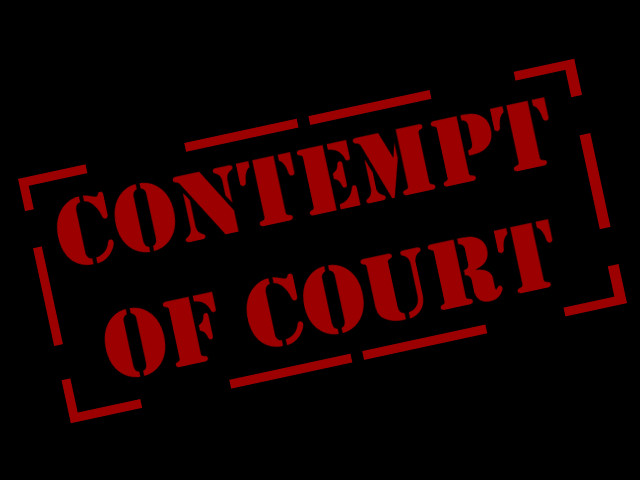Analysis: Balance yet to be found
Nation expects political, judicial leadership to find balance in their attitude, steer country to more certain future.

Analysis: Balance yet to be found
The Supreme Court’s ruling annulling the Contempt of Court Act 2012 has not surprised many in the country. It was on the cards the day it was enacted.
Most jurists, including some distinguished members of the Pakistan Peoples Party (PPP), had expressed apprehensions about the constitutional validity of some of its provisions and had cautioned against its passage in haste.
The ruling party, however, had its reasons to rush through the impugned legislation in view of the Sword of Damocles hanging in the shape of court’s notice to the new premier to indicate whether he was willing to write letter to Swiss authorities for reopening case against President Asif Ali Zardari or face the fate of his predecessor who was ousted by a court order.
The brief order by the SC has noted that immunity granted to one group of people is in violation of constitutional protection of equality of all citizens before the law; it curtails the jurisdiction of the court and encroaches upon the powers of the Chief Justice to select a bench; encourages contemners by altering the definition of contempt and compromises the independence of the judiciary.
The court has also asserted its prerogative to interpret any law with reference to the Constitution.
Notwithstanding the fact of the ruling coming as expected, it has certain disturbing features which have prompted the attorney-general and some other leading jurists to characterise it as “stunning” and going beyond jurisdiction.
The impression about the “mala fide” intentions of the parliamentarians is unfortunate.
Through strict interpretation of the Constitution, the bench has refused to take into consideration the unsettling impact of its order on the nascent democratic structure in the country.
It further accentuates the debate on the parameters of the power of the judiciary and chosen representatives of the people that have pitted the present government and parliament against the judiciary for the last over two years.
There is a broad national consensus that the continuing institutional face-off would benefit none and may lead to the derailment of the democratic order.
The Chief Justice himself has articulated such views on different occasions.
It, therefore, necessitated restraint on part of all concerned. The attorney-general had a valid point when he requested the court to make efforts to save the impugned legislation by harmonsing any contradictions or conflict in the process of interpretation of the law.
Instead, the court has declared the entire law illegal ab initio.
The verdict perpetuates an unenviable situation wherein the ruling party is driven to offer its leaders, one after another, for sacrifice in view of the entrenched positions from both sides.
The country has again been thrown into another phase of uncertainty and instability the consequences of which – for the economy, polity and international standing – would be disastrous.
The urgency of finding a moderate course by all concerned can hardly be overstated. The nation expects its political and judicial leadership to find a balance in their attitude and steer the country to a more certain future.
Published in The Express Tribune, August 4th, 2012.



















COMMENTS
Comments are moderated and generally will be posted if they are on-topic and not abusive.
For more information, please see our Comments FAQ